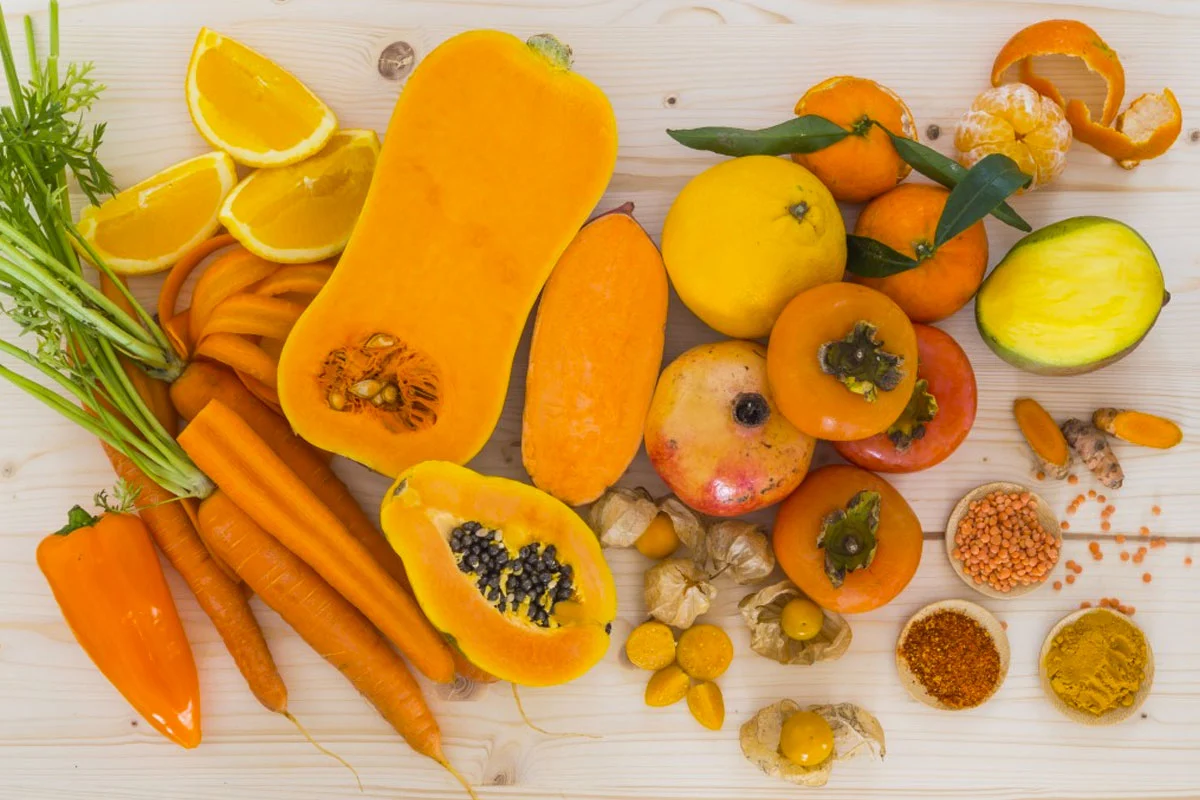The health benefits of fruits and vegetables are many and science has certainly come a long way from the days when it was just Mom’s advice, or her direct order, to eat our veggies. Health experts and government agencies advise eating five or more servings of fruit and vegetables every day. These recommendations are based on the growing volume of research that reveals how fruits and veggies work in the body to maintain health and even promote longevity.
Eye health is an important area where fruits and vegetables do a world of good, especially the one’s rich in carotenes, which include carrots, spinach, kale and others. Two research studies, one on women and one on men, provide evidence that vegetables and fruits can protect against cataracts. This is a major global health problem; according to the World Health Organization, cataracts cause about 50 percent of the world’s blindness, representing some 20 million people.
In a prospective study reported in the American Journal of Clinical Nutrition, the intake of carotenes was correlated with the risk of age-related cataracts in men. According to the report: “Dietary antioxidants, including carotenoids, are hypothesized to decrease the risk of age-related cataracts by preventing oxidation of proteins or lipids within the lens.” In layman’s language, nutrients in fruit and vegetables protect delicate eye tissues from damage caused by rogue molecules called free-radicals that build up in the body. Lutein and zeaxanthin in particular, carotenes high in kale, spinach and other greens, are known to be especially beneficial for the eyes. The study found that men in the highest fifth of lutein and zeaxanthin intake had a 19 percent lower risk of developing cataracts severe enough to require surgical removal, when compared to men in the lowest fifth. “The present findings add support for recommendations to consume vegetables and fruit high in carotenoids daily” the report concludes.
In the study on fruit and vegetable consumption and the risk of cataracts in women, the fruit and vegetable intake of 35,274 female professionals free of cataracts was assessed using a validated food-frequency questionnaire. After 10 years of follow-up, women in the highest fifth of fruit and vegetable intake had a 10 to 15 percent lower risk of developing cataracts.
The message is clear: for your eyes’ sake, be sure to eat your “5-a-Day.”
References:
Brown L, et al. A prospective study of carotenoid intake and risk of cataract extraction in US men. Am J Clin Nutr 1999;70(4):517-24.
Christen WG, Liu S, Schaumberg DA, Buring JE. Fruit and vegetable intake and the risk of cataract in women. Am J Clin Nutr 2005;81(6):1417-22.









